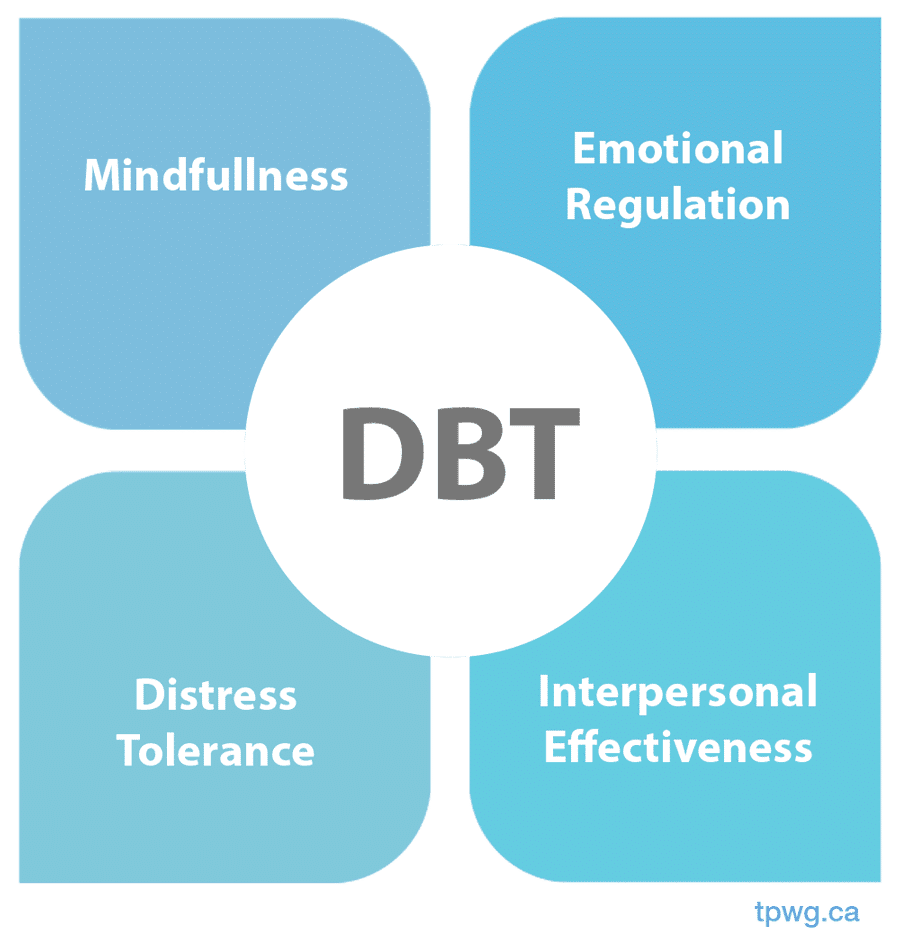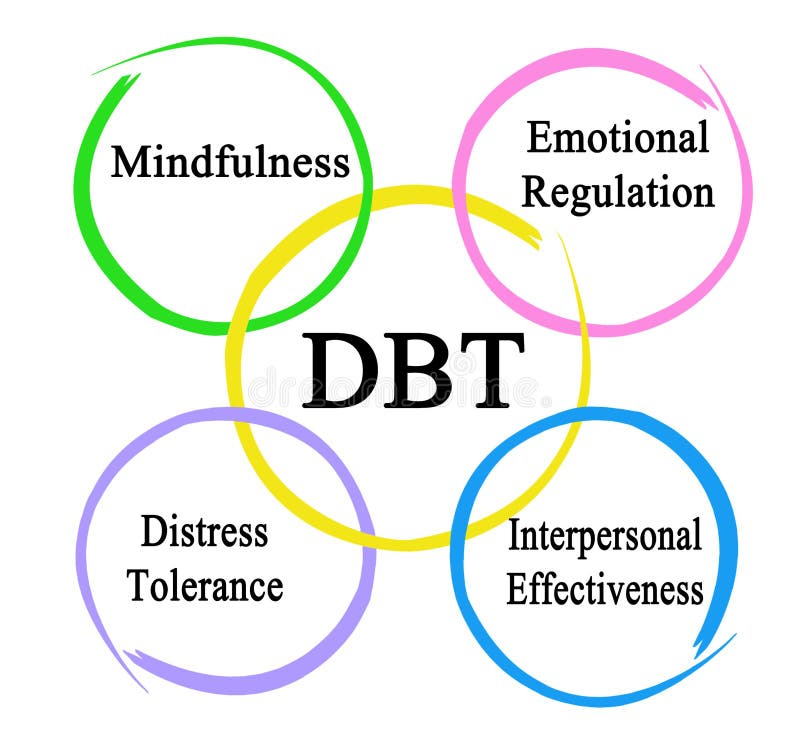Harnessing the Power of Dialectical Behavior Therapy (DBT) Services for Lasting Psychological Equilibrium and Improved Relationships
In a globe where emotional wellness and keeping healthy relationships are essential components of a meeting life, the application of Dialectical Behavior Therapy (DBT) solutions has become a beacon of wish for lots of individuals. The evidence-based and structured strategy of DBT provides a pathway towards sustainable psychological balance and boosted interactions with others. By focusing in on core principles, individuals can develop crucial skills for regulating emotions, boosting social performance, and cultivating mindfulness. Nevertheless, real power of DBT exists not just in comprehending these concepts but in the sensible application of strategies in day-to-day live. As we browse the intricacies of human emotions and connections, harnessing the capacity of DBT solutions ends up being a transformative trip worth checking out better.

Understanding the Core Principles of DBT
Dialectical Habits Treatment (DBT) is started upon a set of core concepts that underpin its therapeutic method to advertising psychological equilibrium and psychological wellness. Mindfulness is one more core principle of DBT, concentrating on being fully present in the minute without judgment.

Validation is also indispensable to DBT, emphasizing the relevance of recognizing and approving one's experiences and emotions as legitimate. Through recognition, individuals can learn to navigate their sensations with concern and understanding, cultivating self-acceptance and emotional growth. Behaviorism plays a critical duty in DBT, stressing the adjustment of maladaptive behaviors with reinforcement and skill-building. By incorporating these core concepts into treatment, DBT uses a extensive and effective strategy to advertising emotional health and mental resilience.
Developing Emotional Law Skills
Emotional regulation skills are essential components of Dialectical Habits Treatment (DBT) that allow people to effectively manage their feelings and browse difficult circumstances with strength. These skills encompass the ability to recognize and recognize one's emotions, tolerate distress, regulate intense sensations, and act based on personal values even when faced with psychological chaos. Developing emotional regulation skills includes finding out mindfulness techniques to remain present in the minute, comprehending the triggers that bring about emotional dysregulation, and carrying out coping methods to regulate emotional feedbacks.

Enhancing Interpersonal Efficiency
Improving communication skills and promoting significant connections with others are integral elements of creating interpersonal efficiency within the framework of Dialectical Behavior Therapy (DBT) DBT educates individuals exactly how to interact efficiently, navigate interpersonal difficulties, and develop techniques for fixing disputes in a constructive fashion.
One secret element of improving interpersonal effectiveness in DBT is discovering to acknowledge and handle emotions in social communications. DBT London. By boosting emotional understanding, individuals can reply to others in an extra compassionate and understanding way. In addition, DBT stresses the value of practicing mindfulness in social relationships, motivating people to be present in their communications and totally engage with visite site others
Practicing Mindfulness Techniques
Developing a regular mindfulness method is vital for people undertaking Dialectical Actions Therapy (DBT) to grow emotional law and improve their interpersonal performance. Mindfulness methods, a core part of DBT, include taking note of the here and now minute without judgment. Through mindfulness, people can become a lot more familiar with their ideas, feelings, and physical feelings, allowing them to react to situations with greater quality and control.
One trick mindfulness method used in DBT is mindfulness meditation. This technique involves concentrating on the breath or a specific item while recognizing and letting go of any kind of distracting thoughts. By including mindfulness reflection into their everyday routine, people can train their minds to stay present and decrease sensitivity to stressors.
One more crucial facet of practicing mindfulness in DBT is the concept of radical approval. Radical approval entails fully accepting truth as it is, also when it is tough or uncomfortable. By accepting today minute without judgment, individuals can reduce their suffering and make space for favorable modification.
Using DBT Techniques in Day-to-day Live
Building upon the foundation of mindfulness strategies such as meditation and radical acceptance, individuals can integrate DBT techniques into their lives to cultivate psychological equilibrium and improve their interpersonal skills. One efficient DBT method is the use of dialectics, which motivates people to discover the center ground between two opposing click resources thoughts or emotions. By practicing dialectics in daily interactions, individuals can discover to verify their own feelings while also thinking about the viewpoints of others. One more crucial DBT skill for daily life is distress tolerance, which includes learning how to handle extreme emotions without turning to harmful behaviors. This can be attained with methods such as self-soothing activities, diversion methods, or improving the minute. In addition, interpersonal effectiveness skills taught in DBT can aid individuals communicate their demands assertively, set boundaries, and maintain healthy and balanced connections. By consistently using these DBT methods in everyday life, people can experience lasting emotional equilibrium and boost their general well-being.
Conclusion
.jpg)
Psychological regulation abilities are essential elements of Dialectical Habits Therapy read the article (DBT) that make it possible for individuals to successfully handle their feelings and navigate tough situations with strength.With DBT solutions, people can grow a deeper understanding of their emotions, acknowledge patterns of behavior that add to emotional distress, and get useful devices to control their feelings constructively.Creating a consistent mindfulness technique is vital for people going through Dialectical Behavior Treatment (DBT) to grow emotional law and enhance their social efficiency.Structure upon the foundation of mindfulness methods such as reflection and radical approval, individuals can integrate DBT approaches right into their everyday lives to promote psychological equilibrium and boost their social abilities. By understanding the core concepts of DBT, establishing psychological regulation skills, boosting social efficiency, exercising mindfulness techniques, and using DBT strategies in everyday life, people can experience substantial enhancements in their total well-being and connections.
Comments on “DBT London: Where Hope and Recovery Intersect for Lasting Change”